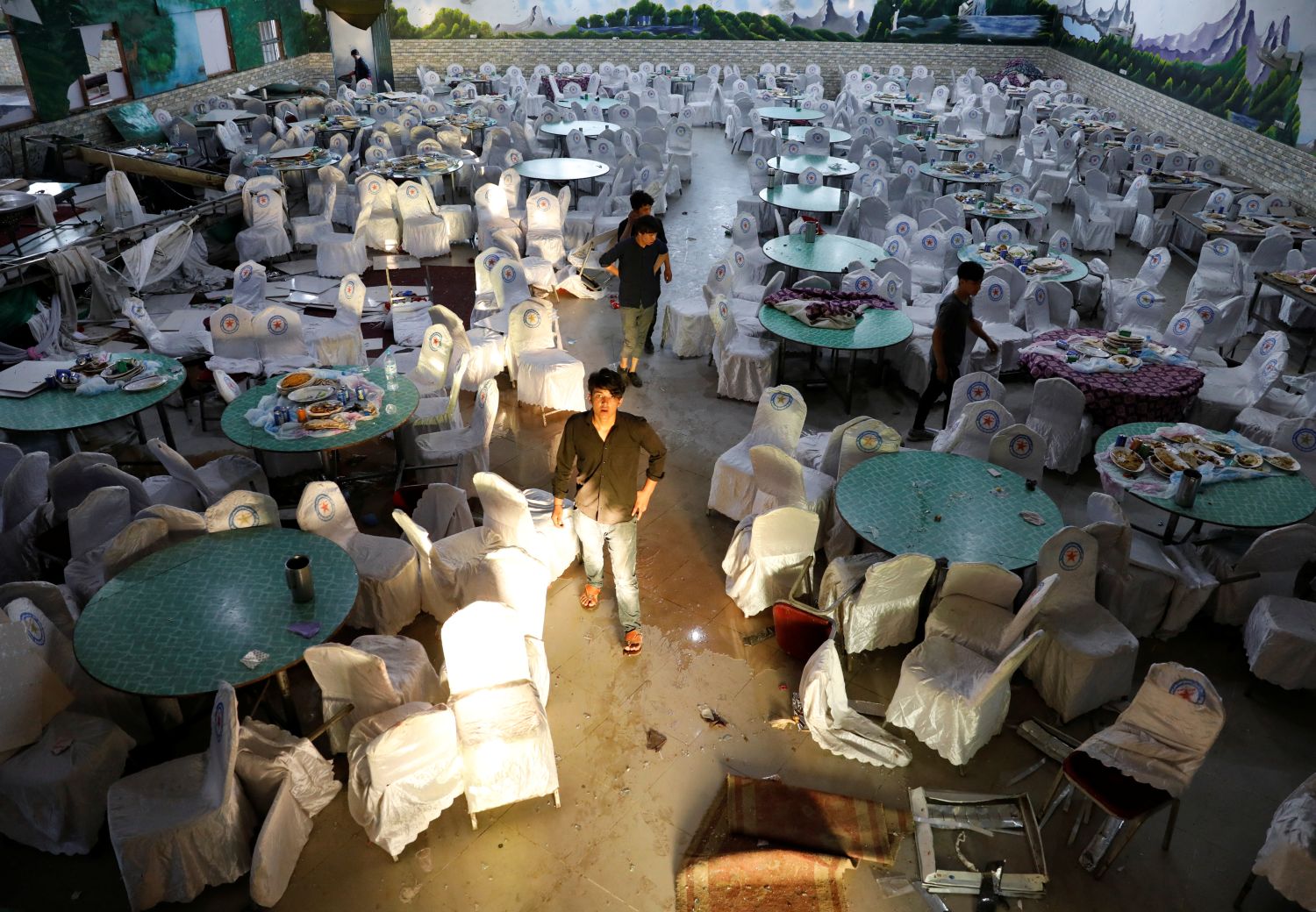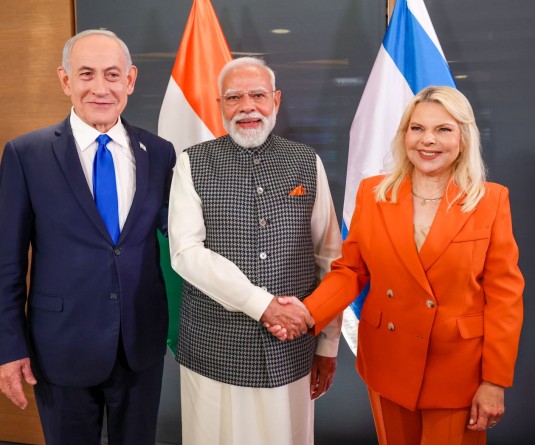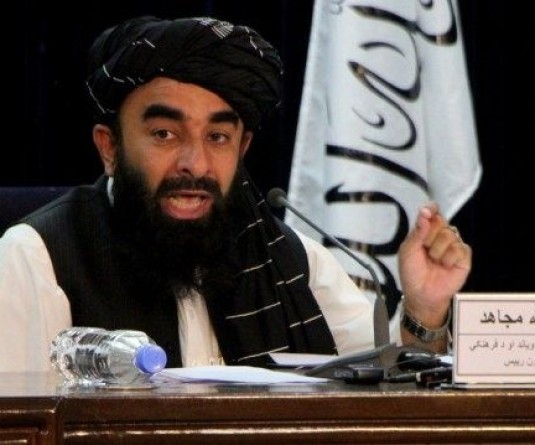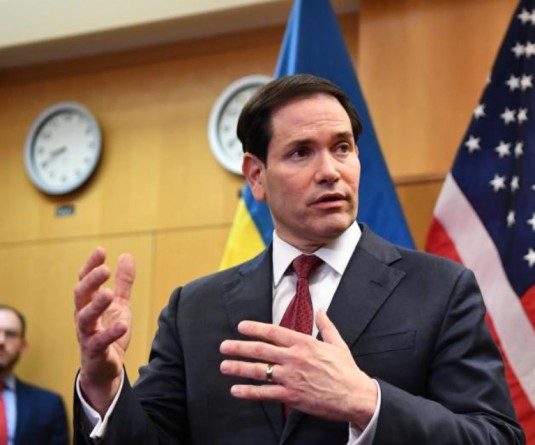Workers inspect a damaged wedding hall after a blast in Kabul, Afghanistan August 18, 2019. REUTERS/Mohammad Ismail

Workers inspect a damaged wedding hall after a blast in Kabul, Afghanistan August 18, 2019. REUTERS/Mohammad Ismail
KABUL, August 18 (Reuters) - A suicide bomber killed 63 people and wounded 182 in an attack on a packed wedding reception in the Afghan capital on Saturday night, the interior ministry said, as violence shows no sign of easing despite hopes for a deal on a U.S. troop withdrawal.
The attack came as the Taliban and the United States are trying to negotiate an agreement on the withdrawal of U.S. forces in exchange for a Taliban commitment on security and peace talks with Afghanistan's U.S.-backed government.
The Taliban denied responsibility and condemned the blast at a west Kabul wedding hall, in a minority Shi'ite neighbourhood, packed with people celebrating a marriage.
Women and children were among the casualties, interior ministry spokesman Nasrat Rahimi said on Sunday.
But President Ashraf Ghani said the militants could not escape blame for the "barbaric" attack.
"The Taliban cannot absolve themselves of blame for they provide platform for terrorists," he said in a post on Twitter.
The blast follows a bomb attack on a mosque in Pakistan on Friday that killed a brother of Taliban leader Haibatullah Akhundzada. No one claimed responsibility for that blast, which killed four people and wounded about 20.
Pictures on social media from the scene of the Kabul blast showed bodies strewn amid overturned table and chairs at the wedding hall, with dark blood stains on the carpet.
Resident Mohammad Hasan rushed to the scene after the blast rocked the neighbourhood.
"I saw many women and children screaming and crying," he said.
Wedding halls have become a big business in Kabul as the Afghan economy slowly picks up and families spend more on celebrations. Big, brightly lit halls now line some suburban streets of the city.
At least 40 people were killed in an explosion at a wedding hall in Kabul in November.
Islamic State militants also operate in Afghanistan and have carried out bloody attacks in towns and cities, some aimed at members of the Shi'ite minority.
BLOODSHED AND TALKS
There has been no let-up in fighting and bomb attacks in Afghanistan over recent months despite the talks between the United States and the Taliban since late last year.
In the northern province of Balkh, 11 civilians were killed on Sunday when a roadside bomb blew up their van, police said.
The Taliban have been fighting to expel foreign forces and re-establish an Islamic state since they were ousted in October 2001, weeks after the Sept. 11 attacks on the United States.
Both U.S. negotiators and the Taliban have reported progress after eight rounds of talks since late last year.
But some Afghans were sceptical about the effort, amid the carnage.
"Peace with whom? With those who bomb our weddings, schools, universities, offices and houses?" wrote Twitter user Rada Akba.
"Selling out this land and its people to those killers is sick and inhuman. History won't forget this."
Taliban officials said on Saturday the killing of the brother of their leader in a bomb attack in Pakistan would not derail the talks with the United States aimed at securing their long-cherished goal of getting foreign troops out.
Taliban negotiators were preparing for what they hope will be a final round of talks, the officials said. No date for a new round has been set.
U.S. President Donald Trump has made no secret of his desire for a U.S. pullout from Afghanistan and an end to America's longest war. Top U.S. national security advisers briefed Trump on Friday on the negotiations.
The Afghan government has not been involved in the talks because the militants refuse to deal with an administration they see as a U.S. puppet.
There are concerns among Afghan officials and U.S. national security aides about the talks with fears Afghanistan could plunge into a new civil war that could see a return of Taliban rule and international militants finding a sanctuary.
Under the expected deal, the Taliban, in exchange for a U.S. commitment on a withdrawal, would guarantee Afghanistan would not be a sanctuary for militants to plot new attacks, both sides have said.
The Taliban are also expected to promise to open power-sharing talks with the government and agree to a ceasefire.
Some 14,000 U.S. troops remain in Afghanistan, training and advising Afghan security forces and conducting counterinsurgency operations.






